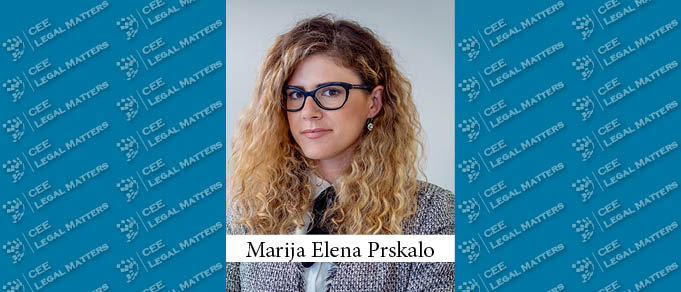One of developments in the artificial intelligence sphere which raised most concerns about potential human rights violations is definitely facial recognition.
Facial recognition is widely used in the private sector for advertisement, marketing, recruitment, through internet and social media, etc. On the other hand, the possibilities of facial recognition are also recognized by the public sector, such as law enforcement and border management. For example, facial recognition can help identify criminal activities and related individuals, find missing children, etc.
However, the rapid evolution of facial recognition and its widespread use in public spaces raised many discussions and fears arising from its lack of accuracy and the potential impact on fundamental human rights. A very controversial practice is the increasing use of ‘real-time’ remote biometric identification systems (i.e., live facial recognition) in publicly accessible places, since they are more likely to result in false matches as compared to facial images taken in a controlled environment as well as due to the weak position of the individuals whose facial images are captured and then checked without their knowledge.
Some of the most affected fundamental human rights when using live facial recognition in the context of law enforcement are the right to human dignity, the right to respect for private life, the right to protection of personal data as well as the right to non-discrimination.
The latest EU response to the potential negative impact of AI systems (including facial recognition) on fundamental human rights is the EU Commission’s proposal for EU Artificial Intelligence Act (“AI Proposal”).
The AI Proposal is the first ever attempt to implement horizontal regulation of AI. One of the main objectives of the AI Proposal is to limit the use of biometric identification systems including facial recognition that could lead to ubiquitous surveillance. The AI Proposal differentiates the AI practices according to their ‘unacceptable’, ‘high’, ‘low’ or ‘minimal risk’ usage characteristics, depending on their impact on people's safety or their fundamental rights. Thus, certain AI practices are simply prohibited due to the unacceptable risk associated with them.
In this respect, due to its severe interference with the rights and freedoms of the persons concerned, the EU Commission proposed to prohibit using live facial recognition of natural persons in publicly accessible spaces for the purpose of law enforcement, with three limited exceptions, in which the interference with fundamental human rights is justified for the purpose of protecting substantial public interest. It is left to the Member States to decide whether they want to implement these exceptions for using live facial recognition in their national laws or not.
It remains to be seen how EU will succeed in the first ever attempt to mitigate the (fundamental human rights) risks and problems linked with AI (and particularly facial recognition), without unduly constraining or hindering benefits of AI or discouraging the investment and innovation in AI on the EU market.
By Marija Elena Prskalo, Associate, Ostermann & Partners

